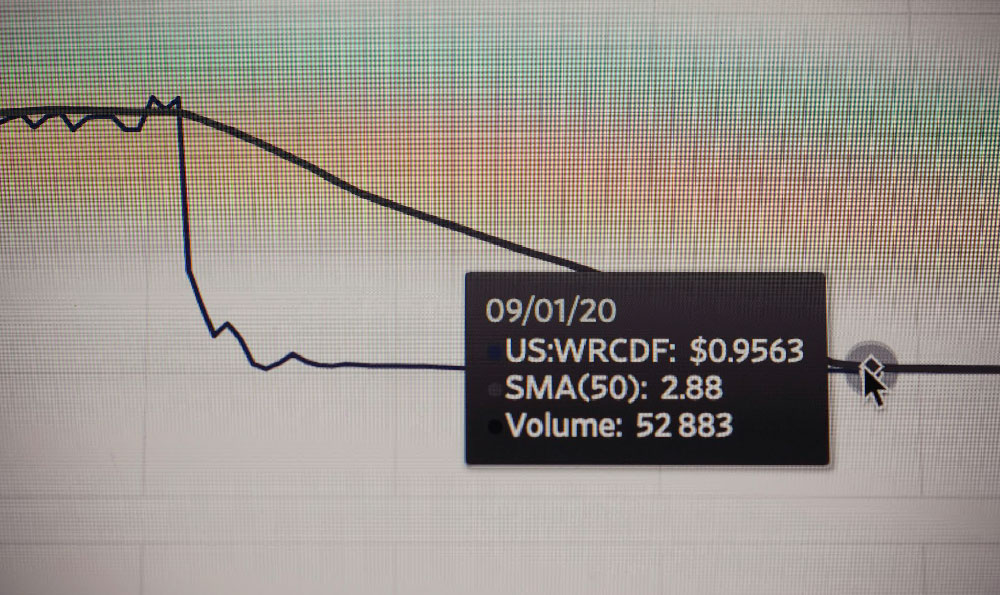The intersection of education and employment often blurs, especially when considering part-time students. Whether a part-time student is considered a "worker" depends heavily on the specific circumstances of their engagement and the legal framework in question. There isn't a universally applicable "yes" or "no" answer, as the definition hinges on factors like the nature of the work performed, the control exerted by the employer, and the existence of an employer-employee relationship.
To unravel this complexity, let's dissect what typically defines "student employment" and how that might differ from traditional employment. Student employment generally encompasses roles where the primary purpose is to provide students with financial assistance, work experience, or career development opportunities while they are pursuing their studies. These roles often have characteristics tailored to accommodate the student's academic schedule and educational goals. Think of work-study programs, on-campus jobs at the university library or cafeteria, internships specifically designed for students, and research assistant positions connected directly to their academic program. These positions are often subsidized or supported by the educational institution and might prioritize skill development and learning over pure productivity.
A key factor differentiating student employment from traditional employment is the intent and structure of the arrangement. Student employment is frequently viewed as an extension of the educational experience, aiming to enhance learning and provide practical skills relevant to the student's field of study. For example, a marketing student working as a social media assistant for the university gains practical experience directly related to their coursework. In contrast, traditional employment is primarily focused on fulfilling the employer's operational needs and generating profit, with less explicit emphasis on the employee's personal or professional development, although such development might occur incidentally.

The level of control exerted by the employer also plays a significant role. In student employment, particularly in positions closely tied to the academic institution, there might be more flexibility in scheduling, tasks, and performance expectations to accommodate the student's academic workload. The employer, often the university itself or a related entity, understands and prioritizes the student's educational commitments. A traditional employer, on the other hand, typically demands a higher degree of adherence to pre-defined schedules, tasks, and performance metrics, placing the company’s operational needs above any personal circumstances of the employee.
Consider internships, a common form of student employment. Whether an intern is considered an employee, and therefore entitled to minimum wage and other employment rights, depends on the specifics of the internship. The "primary beneficiary" test, often used in the US, assesses who benefits most from the arrangement. If the internship primarily benefits the intern by providing valuable training and experience, with the employer receiving minimal immediate benefit, the intern may not be considered an employee under wage and hour laws. Conversely, if the internship primarily benefits the employer by providing free or low-cost labor, and the intern is performing tasks that would otherwise be done by paid employees, then the intern is more likely to be classified as an employee. Similar tests and considerations exist in other jurisdictions.
Now, let’s return to the question of whether a part-time student is a "worker." If a part-time student holds a job that is primarily designed to provide them with work experience and financial assistance while they study, and where the university or employer acknowledges and accommodates their educational commitments, they are likely participating in student employment. However, if a part-time student works a regular job unrelated to their studies, with standard hours, responsibilities, and compensation, they are generally considered a "worker" in the same way as any other part-time employee. The fact that they are also a student is incidental to their employment status.
Legislation also influences this determination. Labor laws often define "employee" or "worker" broadly, and the specific definitions can vary significantly between countries and even regions within countries. Some laws may explicitly exclude certain types of student employment from their scope, while others may not. For instance, some jurisdictions might exempt work-study programs or internships from minimum wage requirements if they meet specific criteria, such as being directly related to the student's field of study and providing structured learning opportunities. Understanding the applicable labor laws is crucial in determining whether a part-time student is legally considered a worker in a particular situation.
In essence, determining whether a part-time student is a worker is a nuanced question that requires careful consideration of the specific circumstances. The nature of the work, the level of control exerted by the employer, the intent of the arrangement, and the relevant labor laws all play critical roles in the determination. While positions designed explicitly for students, with educational benefits and accommodated schedules, may fall under the umbrella of "student employment," a part-time student engaged in a traditional job market arrangement is generally regarded as a worker, irrespective of their student status. It's important to consult with legal professionals or relevant regulatory bodies for definitive answers in specific situations, as the legal landscape surrounding student employment can be complex and constantly evolving.












